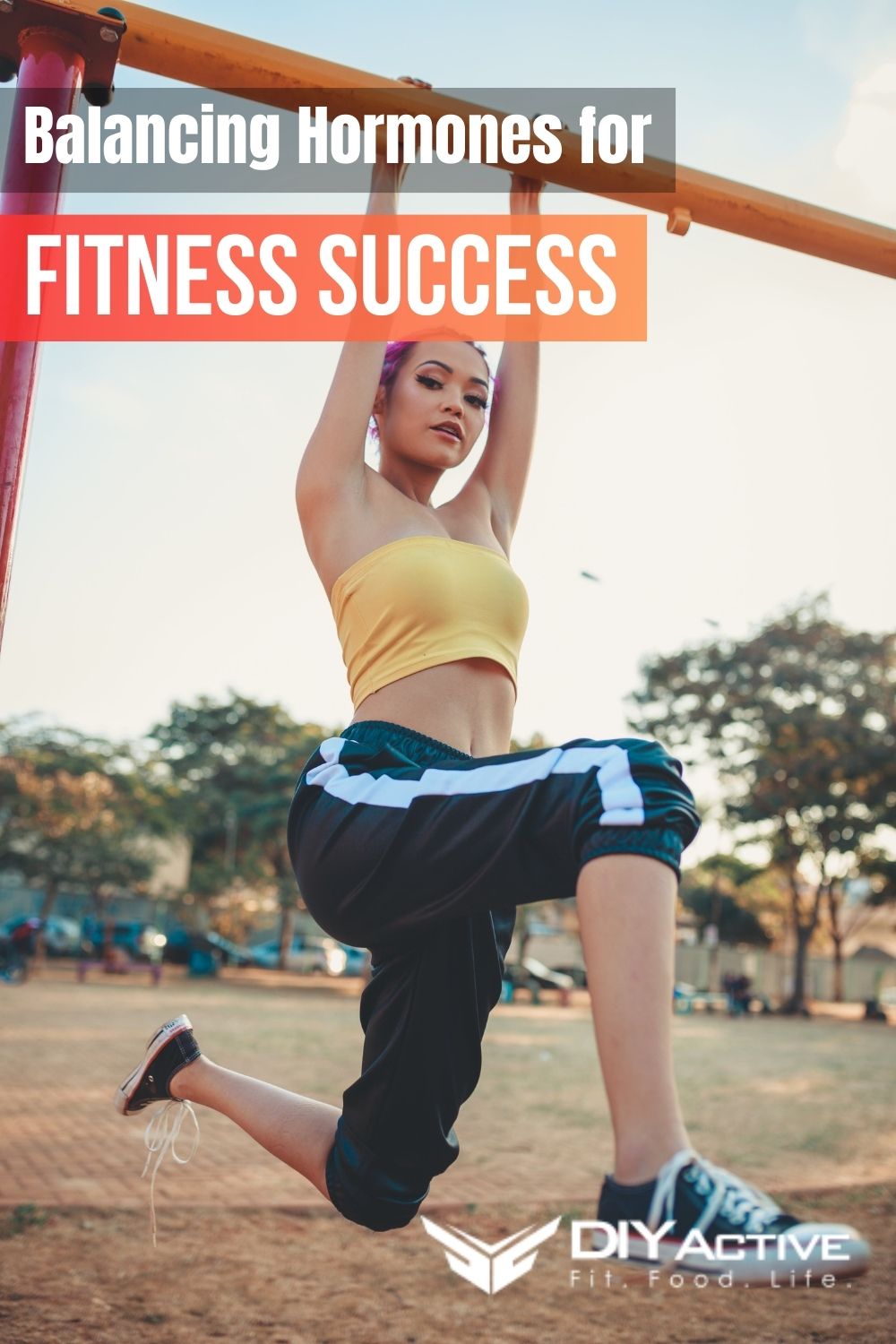Balancing Hormones for Fitness Success: Recognizing and Addressing Imbalances
Hormones play a major role in our health and fitness goals. When certain hormones fall out of balance, it can negatively impact energy levels, body composition, and workout performance. Recognizing the signs of hormonal imbalances early on and taking steps to restore balance is key to fitness success. Imbalanced hormones are very common, especially with today’s high-stress modern lifestyles.
Signs Your Hormones Are Out of Balance
There are several noticeable signs that can indicate your hormones have fallen out of sync. These include:
- Fatigue/low energy levels
- Weight fluctuations and increased belly fat
- Poor sleep quality
- Anxiety or depressed mood
- Reduced muscle mass and strength
- Hot flashes or night sweats
- Irregular menstrual cycles
The popularity of estrogen blockers and testosterone boosters speaks to the disruption many people experience with their hormones in today’s environment. Paying attention to symptoms and getting tested can reveal imbalanced estrogen, cortisol, thyroid, testosterone, or other key hormones. Do not ignore symptoms assuming they are just signs of aging or stress.
Impacts on Fitness Goals

Imbalanced hormones can definitely throw a wrench in your fitness goals and workout performance. Some of the key impacts include:
Reduced Energy for Exercise
When hormones like estrogen and cortisol are dysfunctional, it drains energy. You may struggle through workouts you once breezed through or lack motivation to exercise consistently. Low thyroid is another culprit for plummeting energy levels.
Increased Belly Fat
Too much cortisol and estrogen can shift where fat accumulates, often building up stubborn belly, hip, and thigh fat. This not only impacts appearance but also increases disease risk. Excess cortisol encourages fat storage around the midsection.
Loss of Muscle Mass
Balanced testosterone levels are important for building lean muscle mass in both men and women. Low testosterone reduces muscle-building potential. Without adequate testosterone, strength training outcomes will suffer.
Poor Recovery
Hormones are designed to fluctuate appropriately around workouts to aid performance and recovery. When certain hormones become dominant and others deficient, it inhibits workout recovery and results. You may feel chronically sore even from moderate workouts.
Steps to Restore Balance
If you are experiencing hormone-related symptoms that impact your fitness regimen, don’t lose hope. There are effective steps you can take to restore balance:
Get Testing
Testing your hormone levels through bloodwork, saliva or urine samples provides insight into which hormones need support. Identify deficiencies and excesses. Testing provides objective data to guide treatment plans.
Address Your Diet and Lifestyle
Reduce processed foods, added sugar intake, chronic stress, and other lifestyle factors that disrupt hormone balance. Focus on nutritious whole foods, stress-relieving practices, and proper sleep. Supporting liver detoxification pathways can aid hormone balance restoration.
Supplement Strategically
Certain supplements like magnesium, vitamin D3, omega 3s, and adaptogens herbs can gently support better hormone balance. Strategic use of bioidentical hormones like DHEA and pregnenolone may also help restore youthful levels. Start with gentle options first before directly supplementing hormones.
Work with a Professional
For moderate to serious hormone imbalances, work with your doctor or a functional medicine practitioner to develop an individualized diet, supplement, and lifestyle protocol tailored to your lab testing and symptoms. This collaborative approach is extremely effective. Seek out professionals well-versed in natural hormone-balancing methods.
A Balanced Lifestyle for Balanced Hormones
Making sustainable improvements to your diet, activity levels, sleep, and stress management is crucial. When your body feels properly nourished and restored through lifestyle factors, its innate intelligence can usually bring hormones back into balance.
Develop consistency with supportive habits and be patient with the process. Over time, your hormone-related symptoms should abate, and fitness goals feel more achievable once again. The right lifestyle approach makes restoring hormone balance much easier.
Photo by RDNE Stock project
Photo by Wesley Davi